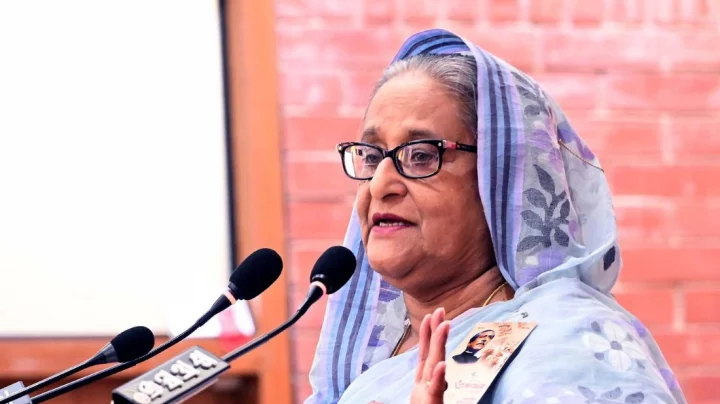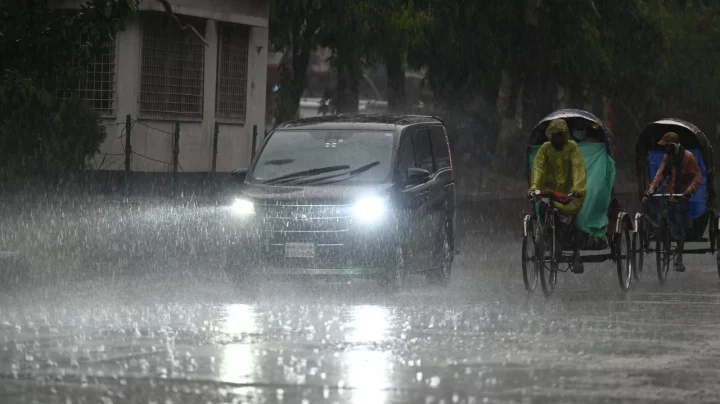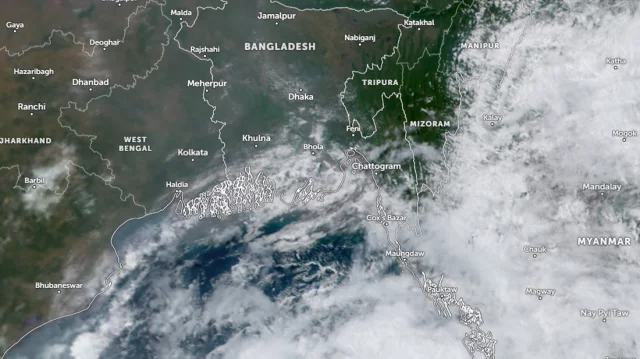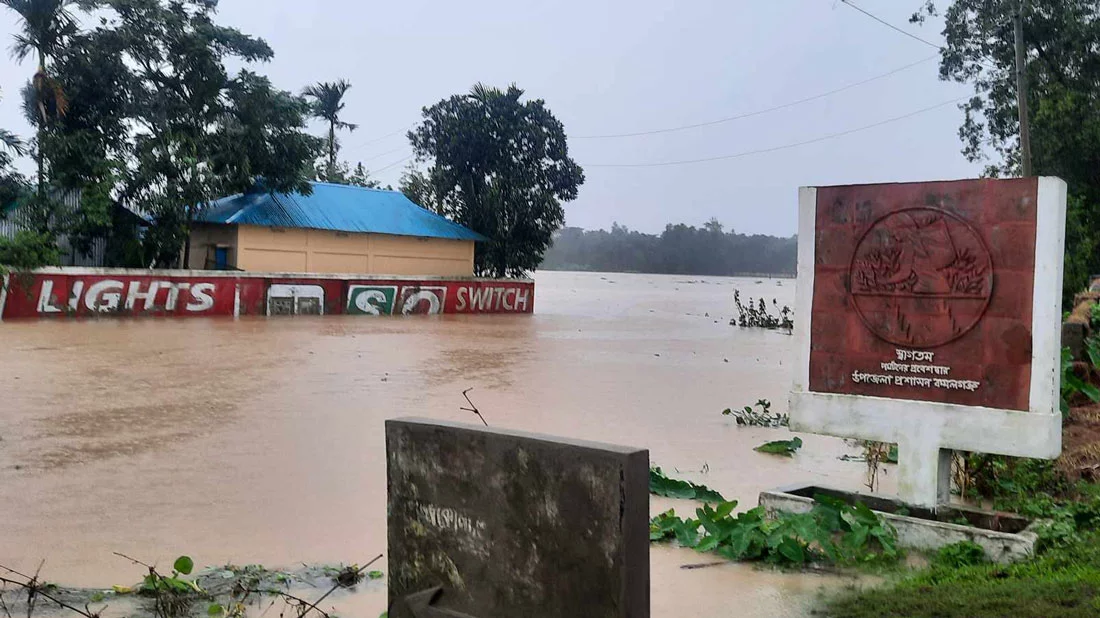Over a decade after the policy was issued, it found that the implementation rate of the policy is non-existent
The situation remains unchanged due to a lack of monitoring activities at the field level
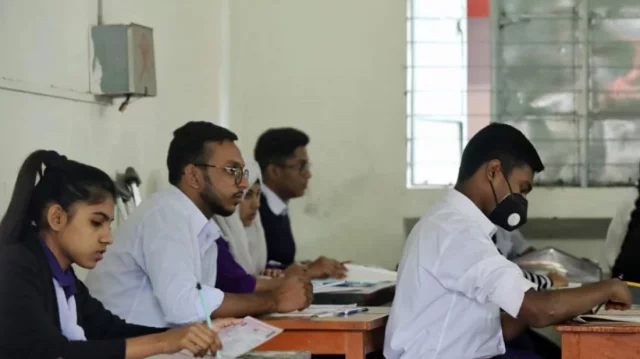
Around 13 years ago, the "Shikkha Protishthaner Shikkhokder Coaching Banijjya Bondho Neetimala-2012" (Policy-2012 to stop teachers from engaging in the coaching business within educational institutions) was introduced following a High Court order to prevent teachers from providing private tuition to students of their own institutions.
Over a decade after the policy was issued, it has been found that the implementation rate of the policy is non-existent, and the situation remains unchanged due to a lack of monitoring activities at the field level.
Recently, the issue of permanently closing coaching centres has once again come into the spotlight following the arrest of Murad Hossain Sarkar, a mathematics teacher at the Azimpur branch of Viqarunnisa Noon School & College, on charges of sexual harassment during coaching sessions.
This reporter spoke to several teachers, students, parents, and staff of the institution. They said that all the teachers at this institution are involved in coaching centres or private teaching.
Among them, at least 30 teachers, including Murad Hossain Sarkar, reportedly earn an average of Tk5 to Tk6 lakh per month.
When the students reported the incident of sexual harassment by Murad Hossain to two female teachers of the same branch, Kaniz Fatema and Lavely Islam, they suggested that the parents file a written complaint with the college authorities against Murad.
Both teachers are reportedly also engaged in the private tuition and coaching business.
The parents said that Murad Hossain used to rent two flats in a 5-storey building in Azimpur near the college, and more than three hundred students regularly attended his private coaching sessions.
The students complained that if any of them expressed unwillingness to enrol in his coaching centre, he threatened to give them lower marks in exams and harassed them during class. To avoid these situations, the students' parents felt compelled to enrol their children in Murad's private coaching centre.
However, the teacher misused this opportunity and had been sexually harassing female students for a long time, they alleged.
The parents said that Murad Hossain used to introduce himself as a District Master Trainer (Mathematics) for the new curriculum and the Chief Examiner (General Mathematics and Higher Mathematics) of the Dhaka Education Board. However, Dhaka Tribune could not verify this.
Keka Roy Chowdhury, the acting principal of the institution, has said: "No teacher will be allowed to continue private coaching. Action will be taken if it violates existing law."
Students, parents want end to coaching business
Students and parents have expressed their desire for the “no coaching and tuition business by teachers” policy to be fully implemented, especially since the government has introduced the new curriculum.
They argued that while the government aims to make the education program more enjoyable, the new curriculum places too much emphasis on marks given by teachers. They believe that teachers should be brought under strict monitoring to ensure they complete their lessons during class time.
Under the new curriculum, up to 70% of the learning assessment is left to the class teacher.
Teachers' Observations
This reporter spoke with several teachers and leaders of the teacher association, who spoke on condition of anonymity.
They acknowledged that teachers have been involved in the coaching business and cited the large number of students in classrooms as a reason for this practice. Parents feel compelled to send their children to private coaching, fearing their children will fall behind other students who are receiving private tuition.
They complained that both private and government school teachers are involved in this practice and urged the government to revise the teacher salary structure and provide proper training for the implementation of the new curriculum before enforcing the coaching policy. They believe that with these changes, the coaching business will end automatically.
What does the law say?
Citing the government policy formulated in 2012 to stop the coaching business, the High Court directed that those appointed as teachers in educational institutions cannot teach outside their institution or in coaching centers, except as freelancers.
However, according to the policy, with the permission of the head of the educational institution, a maximum of 10 students from other institutions can be taught privately. In this case, the head of the institution should document the list, roll number, name, and grade level of the students.
Additionally, the head of the institution can arrange additional classes before or after the scheduled time of the educational institution upon request from the parents. In this case, a monthly fee can be charged through a receipt: Tk300 in metropolitan cities, Tk200 at the district level, and Tk150 in upazilas or rural areas.
Three types of punishments are mentioned for non-compliance. First, the MPO (Monthly Pay Order) should be suspended, cancelled, salary reduced, or the teacher dismissed.
If there is a non-MPO teacher under an MPO institution, measures such as suspension of salary or dismissal from the institution will be taken.
Measures such as dismissal from employment or suspension of salary will be taken if the institution is not under MPO. Additionally, if action is not taken against the teachers involved in the coaching business, the government will dissolve the board of directors of those institutions.
However, due to a lack of monitoring, there has been no progress in implementing the policy.
When asked, several upazila education officers said that when senior officials give instructions, action is taken after investigating the issue. However, they declined to explain why they have to wait for instructions despite the policy being in force.
The primary responsibility for monitoring the policy falls under the Directorate of Secondary and Higher Education (DSHE). But DSHE officials are reportedly unaware of the implementation and monitoring requirements.
Although the policy does not provide for transfers, in 2018, 25 teachers from five government schools in the capital were transferred to different districts for allegedly being involved in the coaching business. However, those who were transferred have returned to Dhaka. DSHE officials could not provide significant examples of punishments being imposed elsewhere.
Acknowledging this, DSHE Director (Secondary Wing) Mohammad Belal Hossain said that once 25 teachers were transferred based on recommendations from a report. However, they were later acquitted of the charges.



